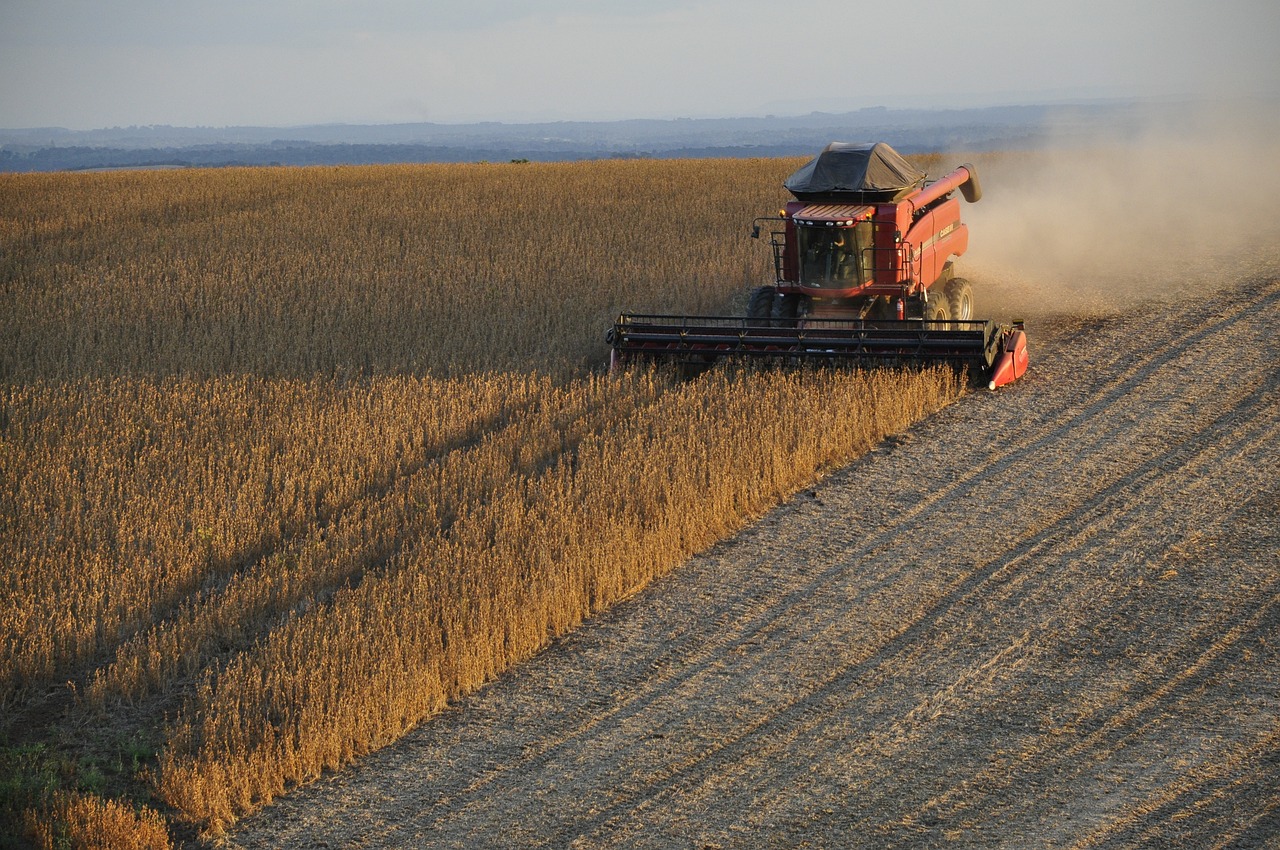Russia has pulled out of the Black Sea grain deal, which allowed Ukraine to export its grain by sea despite a naval blockade during the ongoing war. This agreement played a crucial role in keeping global food prices stable and helping to alleviate some of the effects of the conflict.
Ukraine is a major player in grain production, and the United Nations Secretary-General, António Guterres, expressed his deep disappointment with Russia’s decision. He pointed out that millions of people facing hunger and consumers worldwide struggling with rising living costs will be adversely affected.
According to the Kremlin spokesperson, Dmitri S. Peskov, Russia halted the agreement until its demands are met. Once Russia’s conditions are fulfilled, they will resume the implementation of the Black Sea grain deal. It’s worth noting that the decision is not directly related to the recent attack on the Kerch Strait Bridge, despite Russian officials blaming Ukraine for it.
Russia has expressed dissatisfaction with the agreement in the past and even threatened to withdraw from it. The Russian Foreign Ministry’s statement cited ongoing Ukrainian provocations and attacks on Russian civilian and military facilities in the Black Sea area as reasons for their objections. They believe that the United Nations and Ukraine’s Western allies have not adequately addressed Russian concerns.
The agreement, known as the Black Sea Grain Initiative, expired on Monday after several short-term extensions. Turkish President Recep Tayyip Erdogan remains hopeful that the agreement can be revived and plans to discuss it with Russian President Vladimir V. Putin.
Ukrainian President Volodymyr Zelensky emphasised that Russia broke its agreement with the United Nations and Turkey, rather than Ukraine itself, as Ukraine had a separate deal with the mediators. Zelensky stressed the importance of utilising the Black Sea corridor, even without Russia’s involvement, and expressed readiness to resume shipments if the United Nations and Turkey agreed.
The terminated deal allowed Ukraine to export millions of tons of previously stagnant grain, addressing shortages caused by blockades in the early stages of the conflict. The fluctuation in wheat prices on Monday raised concerns about potential food insecurity in vulnerable countries.
Russia has complained that Western sanctions continue to limit the sale of its agricultural products and has sought guarantees to facilitate its own exports of grain and fertilisers. Last year, Russia briefly suspended participation in ship inspections associated with the agreement but quickly rejoined.
Efforts were made to extend the agreement, with United Nations Secretary-General Guterres presenting proposals to President Putin to remove obstacles affecting financial transactions through Russia’s agricultural bank. However, at present, there are no plans for direct discussions between them, according to U.N. spokesperson Stéphane Dujarric.
Since the agreement’s initiation, Ukraine has exported 32.8 million tons of grain and other agricultural products, primarily by allowing ships to pass through Russian naval vessels that have blockaded Ukrainian ports since the beginning of the Russian invasion in February 2022.













